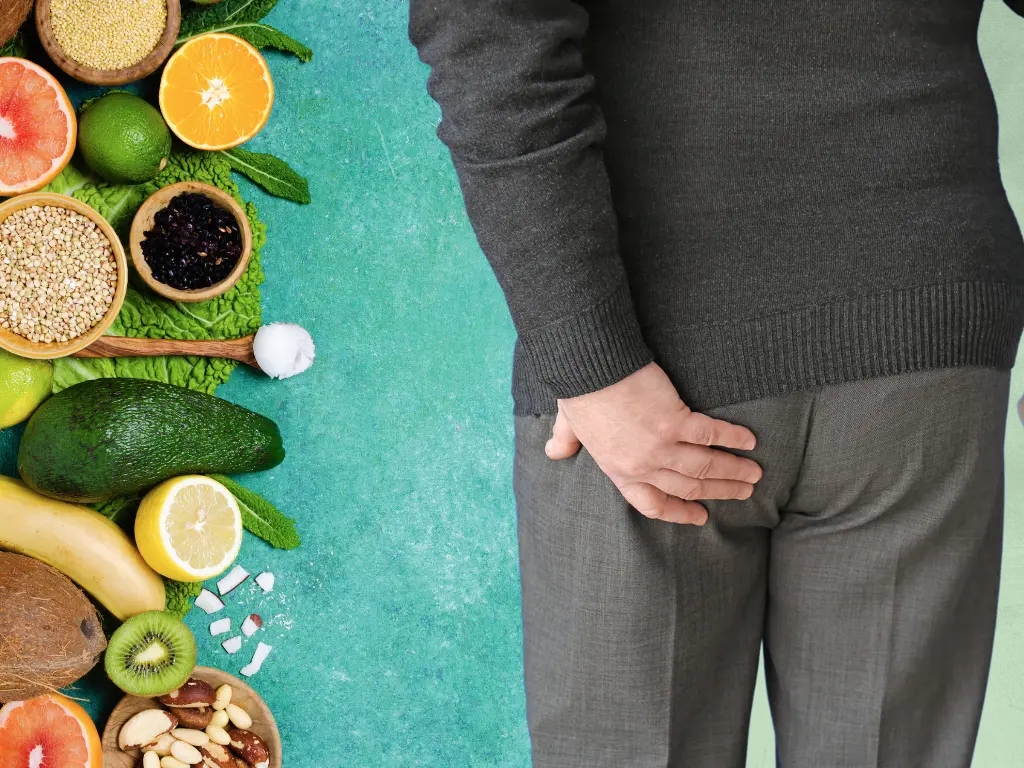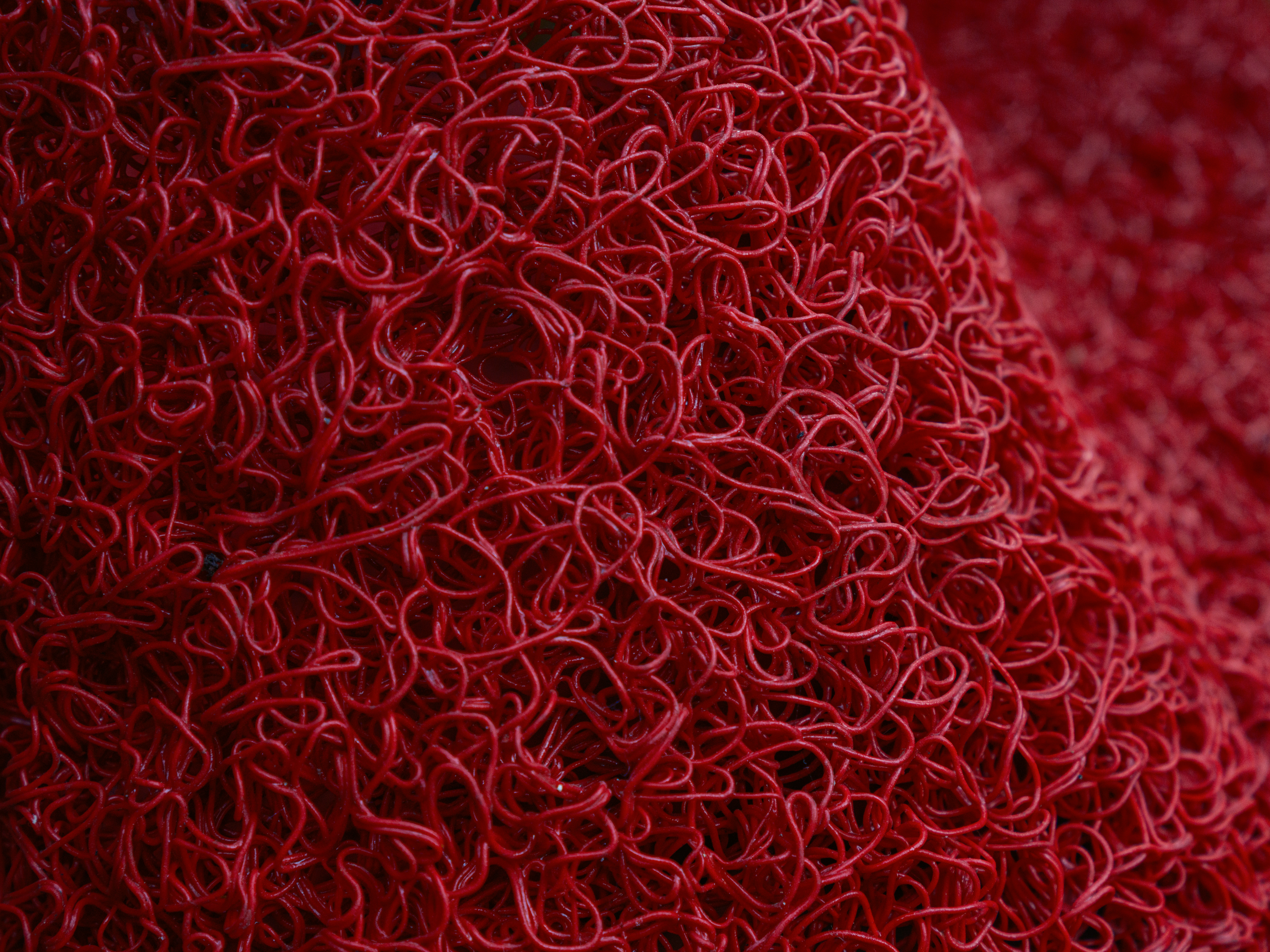Many nutritionists may recommend Flavonoids for hemorrhoids owing to their anti-inflammatory properties and positive influence on your blood vessels. Hemorrhoids happen when the blood vessels in your rectal region swell up and prevent normal anal health. So, Flavonoids become an obvious addition to your diet if you’re someone experiencing hemorrhoids.
What are Flavonoids, and how do they work for hemorrhoids?
Flavonoids are metabolites found in a wide variety of plants, including fruits and vegetables, that form our diets. These compounds offer anti-inflammatory benefits that help treat the common symptoms observed in hemorrhoids. Flavonoids also contain antioxidants that promote better functioning of basic metabolism in your body.
As part of the treatment plan for hemorrhoids, Flavonoids offer the following advantages.
- Flavonoids obstruct and control enzymes that cause inflammation in the body. So, they can help reduce or prevent the effects of swollen blood vessels that lead to pain and discomfort when experiencing hemorrhoids.
- An increase in oxidative stress has a negative effect on the way your tissues and blood vessels behave. This may delay your hemorrhoids from healing and prolong the symptoms. Flavonoids offer antioxidant abilities that prevent free radicals from damaging your tissues.
- Flavonoids can also strengthen the outer layers that protect your blood vessels. Stronger integrity of your blood vessels means less likelihood of the hemorrhoids flaring up and inflaming new blood vessels.
- Flavonoid supplements may also help with your blood circulation. Improved circulation allows your body to heal from hemorrhoidal symptoms and the damage caused by inflammation.
How do you use Flavonoids for hemorrhoids?
Flavonoids come in the form of natural fruits and vegetables or manufactured supplements that you can add to your diet. The best way to ensure intake of Flavonoids is by including a wide variety of food items in your daily diet.
- Take a lot of fresh fruits as part of your diet. Critic fruits like grapefruit and orange come with a lot of additional nutrients. Grapes and apples are also Flavonoid-rich fruits you can consume frequently.
- Green leaves and cruciferous veggies should be a staple of all your meals. Broccoli, kale, and onions are easy additions to any diet. Spinach and peppers also add tons of Flavonoid value to your nutrition.
- Berries are also a rich source of Flavonoids. Grab all the berries you can and sprinkle them over your normal diet. Raspberries, strawberries, and blueberries are all excellent sources of Flavonoids.
- Legumes like chickpeas and lentils offer a lot of Flavonoid-rich nutrition. Include legumes in your daily diet for maximum benefit.
- Indulge moderately in treats like dark chocolate and red wine too. These items also contain reasonable amounts of Flavonoid.
What are the potential side effects of using Flavonoids for hemorrhoids?
Flavonoids offer the least risk of side effects compared to other OTC medications and ointments associated with hemorrhoids. However, reactions to excessive Flavonoids in the body may depend on the individual’s genetic makeup and metabolism.
Here are some examples of how Flavonoids may have negative effects on some people (although very rare).
- Soy foods are rich in Isoflavones (a type of Flavonoid), which may cause hormonal imbalance in the body, especially if the person is under hormonal medication.
- People who are allergic to Flavonoid compounds may experience itchiness, reddening skin, or breathing difficulties if they consume too much Flavonoid.
- Flavonoids may react poorly with some medications prescribed for other health conditions. So, people with existing medical conditions must consult health professionals before ramping up their intake of Flavonoids.
- People with poor gastrointestinal tolerance may experience diarrhea or stomach upsets if their bodies reach poorly to the increase of Flavonoids in the system.
Are there any alternative treatments for hemorrhoids besides Flavonoids?
There are a number of dietary changes, home remedies, and OTC medications that you can use to treat hemorrhoids if Flavonoids have negative effects on you.
- A fiber-rich menu and diet is one of the most promising ways of reducing the effects of hemorrhoids at no extra cost. An increase in fiber-intake will promote better digestive health, ensure healthy bowel movement, and help your body stay fit and lean.
- Timely and regular hydration is a key factor in alleviating hemorrhoidal symptoms. Adequate water in the body will also improve digestion and relieve extra strain on your lower intestines.
- Consider using topical creams designed for hemorrhoids. Hydrocortisone cream, Benzocaine, and Lidocaine are examples of ointments that reduce inflammation, prevent infection, and provide relief from the irritating pain and discomfort of swollen hemorrhoids.
- Home remedies like a cold compress or warm sitz bath will also provide relief from the symptoms and assist in faster recovery. Use a quick ice pack as a cold compress and sprinkle some Epsom salt on your warm bath for additional relief.
Remember that no single medication or lifestyle change serves as a complete treatment for hemorrhoids. Consult a medical practitioner to see which treatment strategies will suit your body and lifestyle.
What are the differences between different types of flavonoid products?
General science and nutrition identify six categories of Flavonoids that come from different food items.
- Flavones are an anti-inflammatory category of Flavonoids that help your overall health too. Consume citric fruits, bell peppers, and parsley to increase your Flavones intake.
- Flavonols are another type that is present in onions, blueberries, and broccoli. This category also offers anti-inflammatory properties and even helps prevent heart disease.
- Flavonones are a type of Flavonoid that serve as antioxidants in the body. You’ll find them in tomatoes, grapefruits, and oranges.
- Isoflavones are present in soy foods like soy milk and tofu. Consume these foods for the healing properties of Flavonoids.
- Berries and cherries offer Anthocyanins, a type of Flavonoids that offer both anti-inflammatory and antioxidant properties.
- Finally, Flavonols are a subgroup of Flavonoids that help soothe swollen veins and speed up the healing of the affected tissues. They’re present in dark chocolate, green tea, and red wine.
Conclusion
Flavonoids represent a nutrient-rich compound that you can add to your diet easily, thanks to their presence in common fruits and vegetables. As a natural compound and nutrient, Flavonoids pose a minimum risk of side effects.
However, it’s still wise to hear your doctor’s opinion before going crazy on these food items.







